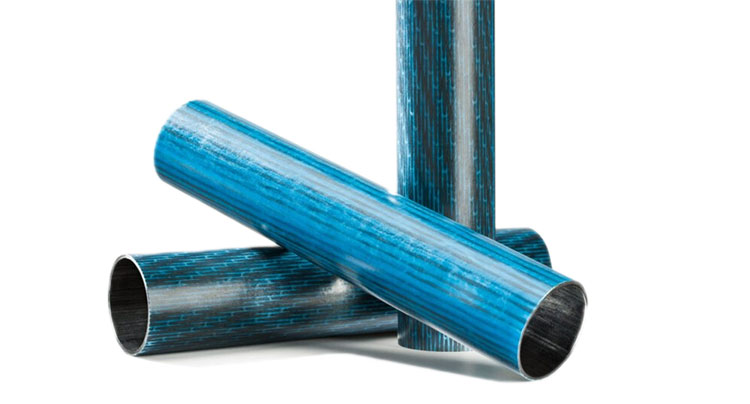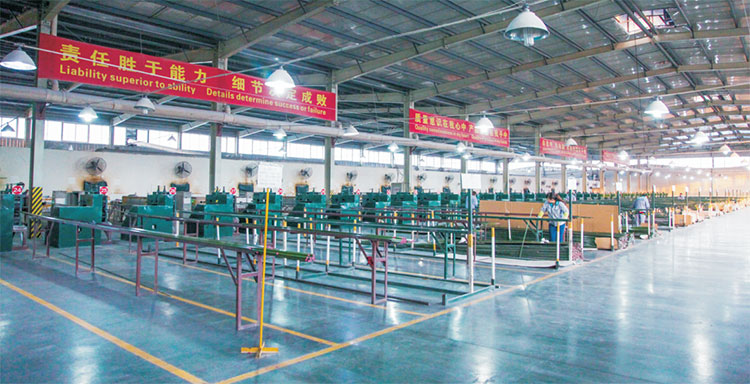What is the Fabric Winding Tube?
This specific cylindrical structure made of composite materials is dedicated to high strength, long life, and environmental conditions resistance and is called the fabric winding tube. For most industrial applications in which wrapping of fabrics, films, or other flexible materials is needed, these tubes are used. As a general rule, their composition includes a core material, such as fiberglass or carbon fiber, reinforced with high-performance resin systems to provide stability as well as resistance to mechanical stress, temperature variations, and chemical exposure. Typically, the surface of the tube is often treated to provide a smooth finish to minimize friction and (by preventing materials being wound from damaging the materials being wound) damage to the materials being wound. Especially when such processes are called for de facto precision and consistency, as in textile processing or the handling of delicate materials. In addition, these tubes are designed to maintain dimensional accuracy and load-bearing capacity despite high-speed winding or environments that experience high humidity or high temp change.

Features
- High Strength-to-Weight Ratio:
Lightweight but high mechanical strength, such as fabric winding tubes, are especially suitable for supporting electrical insulation components without excessive weight.
- Excellent Electrical Insulation:
The high dielectric property of these materials makes them reliable tubes for use in high-voltage environments.
- Smooth Surface for Insulation Layers:
A precisely treated surface helps to achieve secure adhesion and to set layers of insulation properly, so there are no gaps and no inconsistencies.
- Dimensional Stability:
Critical to stable insulation performance, they keep their shape and structural integrity under mechanical stress or temperature fluctuations.
- Moisture and Corrosion Resistance:
They are designed to resist moisture absorption, as well as chemical exposure for long-term insulation in challenging environmental conditions.
- Thermal Endurance:
Without degradation, fabric winding tubes are capable of withstanding high temperatures and can be relied upon in heat-intensive electrical applications.
- Customizability for Electrical Applications:
Since they can be cut in various sizes, and combinations of materials and surface coatings, they can be tailored for specific electrical insulation requirements.
Application
- Transformer Insulation Layers:
Within transformers, they function as structural supports and insulation carriers and serve to provide heat-stable and reliable operation under high voltage and high-temperature conditions.
- High-Voltage Bushings:
These tube cores support insulation systems in bushings, maintaining dielectric integrity and structural stability in electrical transmission systems.
- Switchgear Components:
Used in switchgear assemblies to support and insulate conductive parts to provide a safe and efficient means for transmitting power.
- Cable Insulation Systems:
Used as reinforcement cores in the insulation structures of cables, their use enhances durability and dielectric performance under harsh environments.
- Electrical Reactor Coils:
In reactors, these tubes are the cores of the system and form the structures for winding coils, providing thermal resistance and accuracy essential to system reliability.
- Insulated Support Structures:
Insulated supports for electrical equipment use fabric winding tubes for application in the limited space and proper spacing and electrical isolation.
Are you interested in our products? Or would you like to receive customized services and solutions? Please let us know at info@taporel.com

